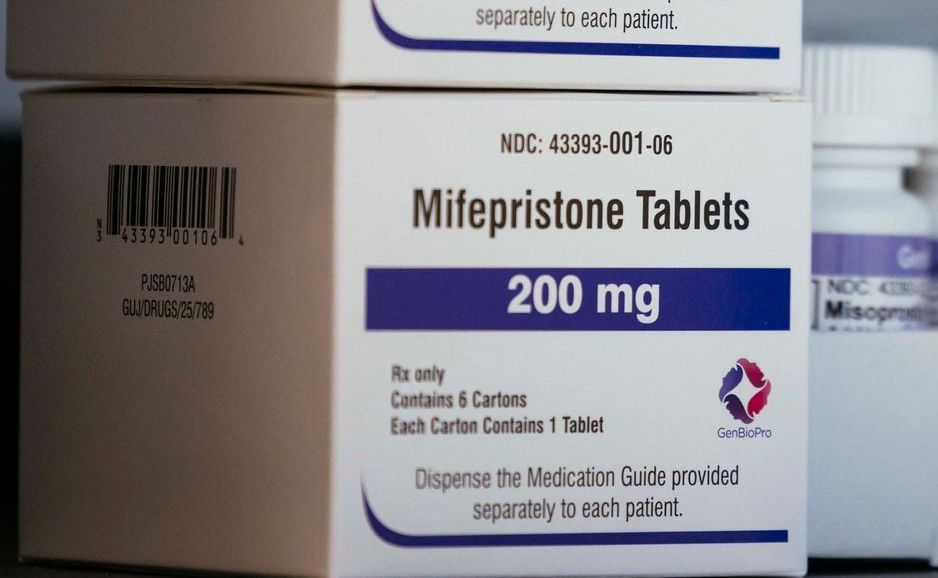The decision of Walgreens not to sell Mifepristone Tablets in 20 states has highlighted the ongoing debate surrounding pregnant women’s access to abortion. While the U.S. Food and Drug Administration (FDA) approved mifepristone in 2000, the dispensing of the drug has been restricted to specialty offices and clinics due to safety concerns. However, the FDA has repeatedly loosened restrictions and expanded access, thereby increasing demand for the pill. It is estimated that more than half of U.S. abortions are now done with pills rather than with a procedure, according to the Guttmacher Institute, a research group that supports abortion rights.
In late 2021, the FDA eliminated the in-person requirement for obtaining the abortion pill, stating that a new scientific review showed no increase in safety complications if the drug is taken at home. This change also allowed the pill to be prescribed via telehealth and shipped by mail-order pharmacies. Earlier this year, the FDA further loosened restrictions by allowing pharmacies to start dispensing the drug after undergoing certification.
However, the legality of accessing the drug varies by state. Following last year’s Supreme Court decision overturning Roe v Wade, more than a dozen states now have laws restricting abortion broadly, and the pills specifically. Attorneys general from 20 conservative-led states have warned CVS and Walgreens, in a letter, that the pharmacies could face legal consequences if they sell the pill by mail in their states.
In response, Walgreens announced, last Thursday, that it will not dispense mifepristone in the 20 states and does not plan to ship the drug to them. However, the company is working to become eligible through the FDA’s certification process and plans to dispense the pills, legally, where it can do so.
While Walgreens’ decision reflects the legal landscape surrounding access to abortion, legal experts predict years of court battles over the issue. In November, an anti-abortion group filed a federal lawsuit in Texas seeking to revoke mifepristone’s approval, claiming the FDA approved the drug 23 years ago without adequate evidence of safety. A federal judge could rule soon. If the judge sides with abortion opponents, mifepristone could potentially be removed from the U.S. market. On the other hand, abortion rights supporters have filed separate lawsuits challenging abortion pill restrictions imposed in North Carolina and West Virginia.
The ongoing legal battles demonstrate the complexities and tensions surrounding the choice of terminating a pregnancy. As the debate continues, it is important to approach the issue with neutrality and sensitivity to the diverse perspectives and experiences of those impacted by these legal developments.
This post comes as part of our commitment to keep you updated on legal matters that pertain to Family Law and planning. We, at the Law Offices of Elie D. AlChaer, would be happy to provide you with additional information and help you address any questions in this regard.














